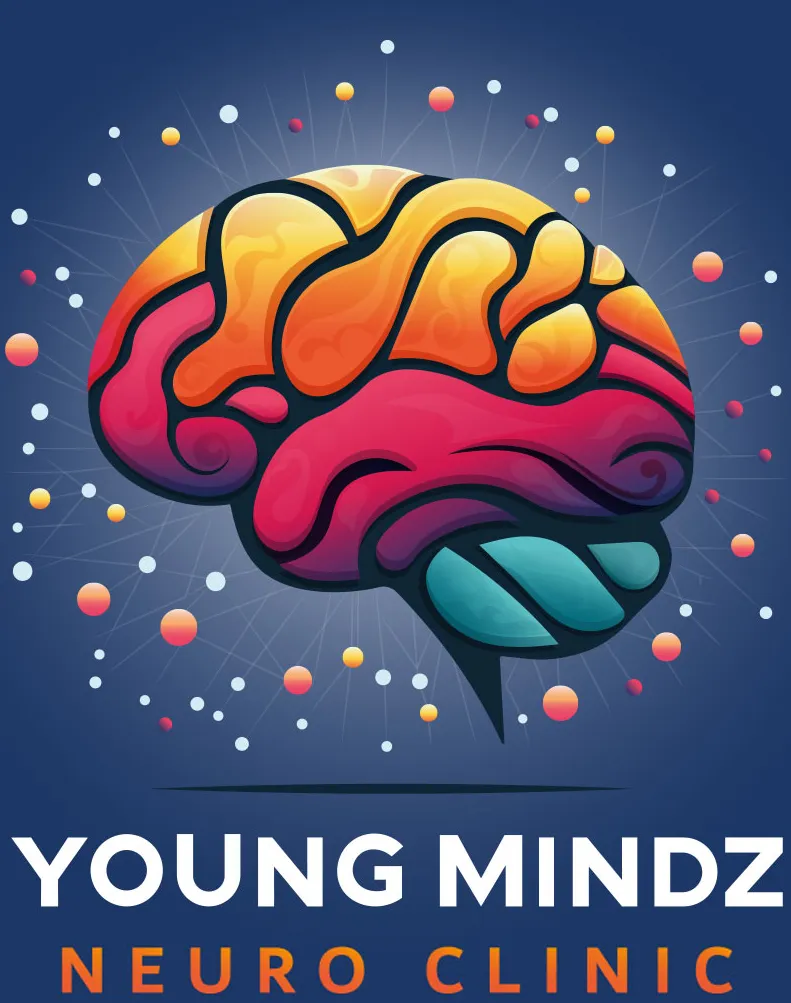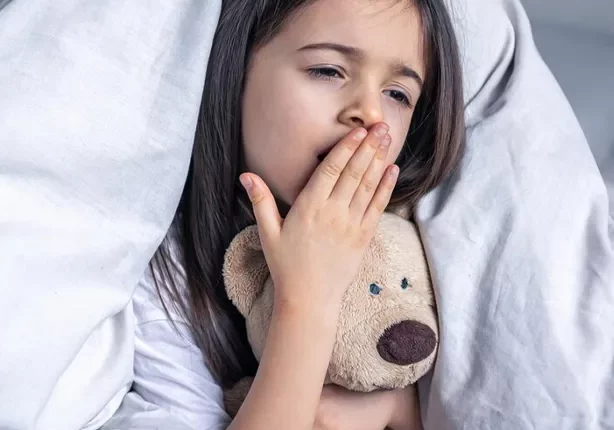COVID-19 Resources for Neurology Coaches... Learn More
Sleep Disorders
Sleep is an important aspect of life for our body to restore itself, fight disease, build immunity, and most importantly in children, development and growth. Sleep problem can have negative effect on cardiovascular, metabolic, cognitive and behavioral consequences.
What are symptoms of sleep disorders in children?
Symptoms that could be a sign of a pediatric sleep disorder include:
- Snoring
- Difficulty in breathing during sleep
- Restless sleep
- Frequent awakenings
- Night sweating
- Bedwetting
- Daytime sleepiness
- Irritability, aggressiveness
- Impaired cognitive function
- Poor school performance
- Poor appetite
- Headaches
How can we help children with suspected sleep disorder?
Doctor can evaluate and order the necessary testing and also manage and provide recommendations. Doctors can also make referral to a sleep clinic if needed to help with further evaluation (sleep study) and treatment:
- Difficulty falling and staying asleep (insomnia)
- Sleep apnea
- Nightmares
- Night terrors
- Insomnia
- Sleep walking/sleep talking
- Periodic limb movement
- Restless leg syndrome
- Narcolepsy
What is a sleep study?
Pediatric polysomnography is an overnight sleep study which record brain waves, oxygen level, heart rate and breathing with video monitoring.
Multiple sleep latency test (MSLT) is an extension of the overnight sleep study or polysomnogram to determine disorders associated with excessive daytime sleepiness.
What can you expect at a pediatric sleep study?
During a sleep study, your child will undergo painless testing in a comfortable environment set up to match regular sleep and bedtime patterns. The experts will monitor your child closely to diagnose the sleep disorder and establish a comprehensive, personalized treatment plan.
Source: UpToDate


